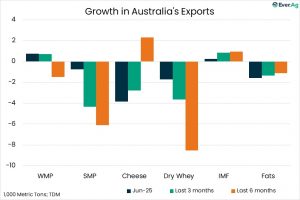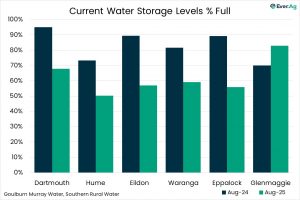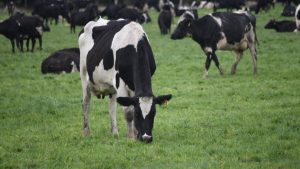
In the Senate, however, no party holds a majority so this chamber will also be a focus for our advocacy work.
During the campaign the ALP supported in whole or in principle the majority of ADF’s election policy statement released in December 2021. Key priorities in this statement were:
- increasing trade diversification;
- imposing minimum nutritional standards in aged care;
- restoring truth in labelling;
- increased action on climate change;
- full implementation of the Murray Darling Basin Plan;
- developing a new strategy for animal welfare;
- resolving workforce shortages and skills deficits;
- supporting regional development; and
- improving biosecurity and farm digitalisation.
As an example of our work to resolve workforce shortages and skills deficits, ADF has been able to secure a Ministerial direction to have agriculture visa applications prioritised as part of confirming the dairy sector’s status as an essential service. As a result, we have secured priority processing for ADF members who applied to the Department of Home Affairs for foreign workers under the Dairy Industry Labour Agreement (DILA).
Due to staff shortages and other COVID-19 impacts the department’s processing times are consistently exceeding the 30-40 days target set by the Minister. As you can see from the outcome above, the benefit of being an ADF member has enabled these dairy farmers to leapfrog other visa applications in the system.
We will continue to advocate for the policies in the ADF election statement and are also setting new policy priorities and advocacy targets. Last week three new groups who will play a key role in the advocacy efforts and policy development of ADF for the next two years met for the first time.
New policy groups get down to work
While the new Australian Parliament was sitting in Canberra, the new Australian Dairy Farmers (ADF) Policy Advisory Groups (PAGs) were meeting to agree to post-election policy priorities and advocacy targets for the next 12 months.
The PAGs are formal committees of ADF. The members on these committees come from every dairy region. They ensure that dairy farmers’ interests are represented at national and international levels.
The three new PAGs are named:
- Economics and Trade.
- People and Communities.
Farm Operations.
By rationalising our policy advisory groups (PAGs) from five to three, each PAG will cover more topics and more effectively develop policy positions on issues critical to dairy farmers.
– Rick Gladigau, ADF President
The PAGs structure is closely aligned with the committee framework at the National Farmers Federation (NFF).
ADF is a proud and long-time member of the NFF, and a key part of our policy development is to send delegates and policy guidance into the NFF framework. By rationalising our pre-election PAGs from five to three, each PAG will cover more topics and more effectively develop policy positions on issues critical to dairy farmers.
The Farm Operations PAG covers topics such as climate change, animal welfare, biosecurity, the Murray Darling Basin Plan, the Dairy Moving Forward strategy and energy.
Labour, health, education, occupational health and safety and regional development are covered by the People and Communities PAG.
The Economics and Trade PAG covers trade, market access, competition reform, milk pricing, supply chain transparency, nutrition and labelling, and other financial policies.
Policy priorities reach beyond agriculture portfolio
Over the next three years ADF will work with the government and the 47th Parliament to deliver on our policy priorities and advocacy targets, recognising that not every issue is central to the agriculture portfolio. ADF will also engage with the Ministerial portfolios for health, trade, infrastructure, transport, regional development, employment and the treasurer to ensure the big issues facing dairy farmers are addressed.
ADF has publicly supported the “Let seniors work” proposal put forward by National Seniors Australia to remove or lift the age pension income test to incentivise more pensioners back to work.
According to the Department of Social Services, only 2.9 per cent of pensioners (74,000 of the 2.6 million) receive income from employment. This low figure is because for every $1 work income over $480 per fortnight ($12,480 pa), a pensioner loses 50c of their fortnightly pension, in addition to the pension income being taxable. Removing or lifting the age pension income test will help resolve some of Australia’s worker shortages and provide a better standard of living for our pensioners.
The next three years is a defining period for the sustainability of the Australian dairy industry. With the right policy settings, the new Parliament can ensure the dairy sector sustains its contribution to the nation.

























